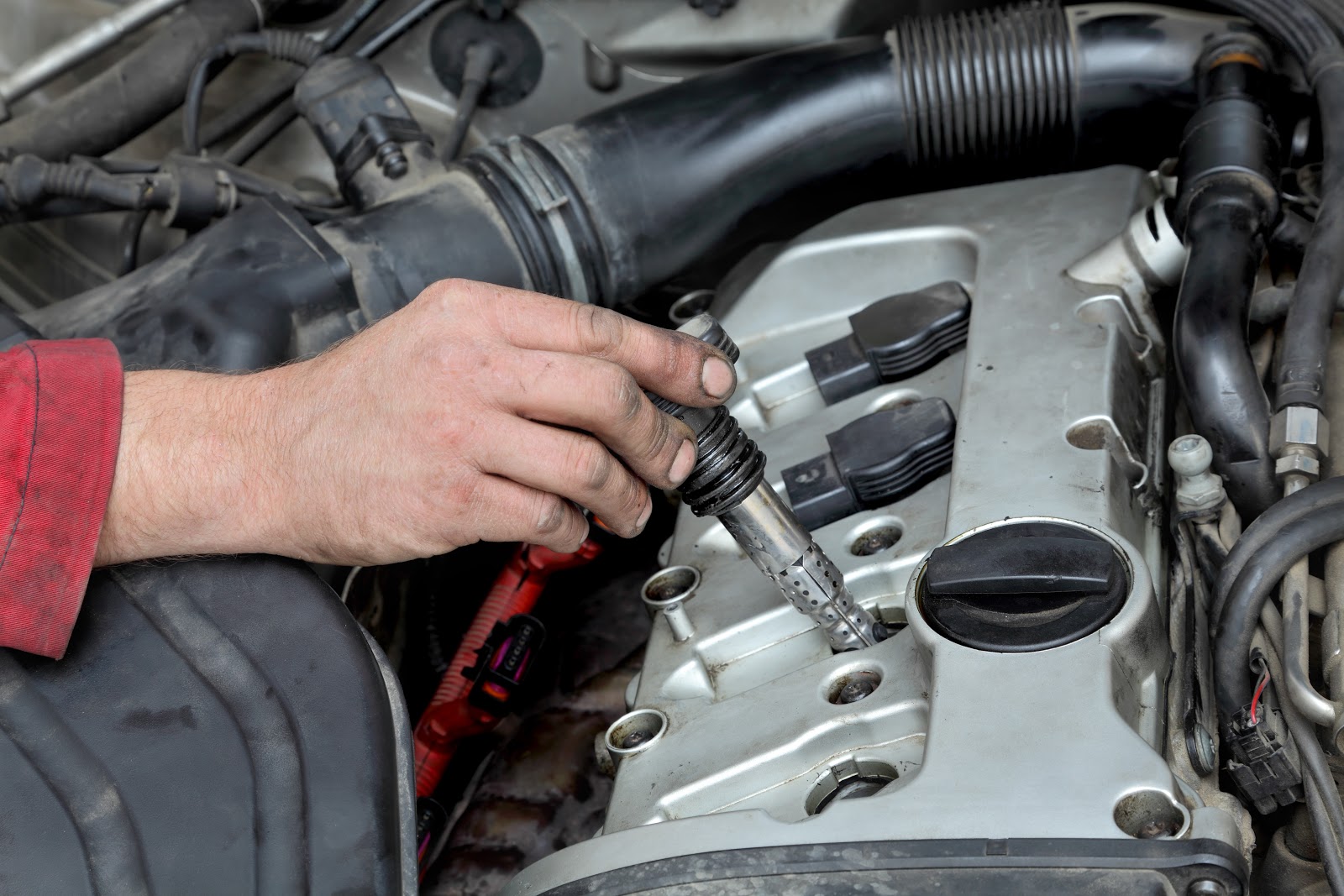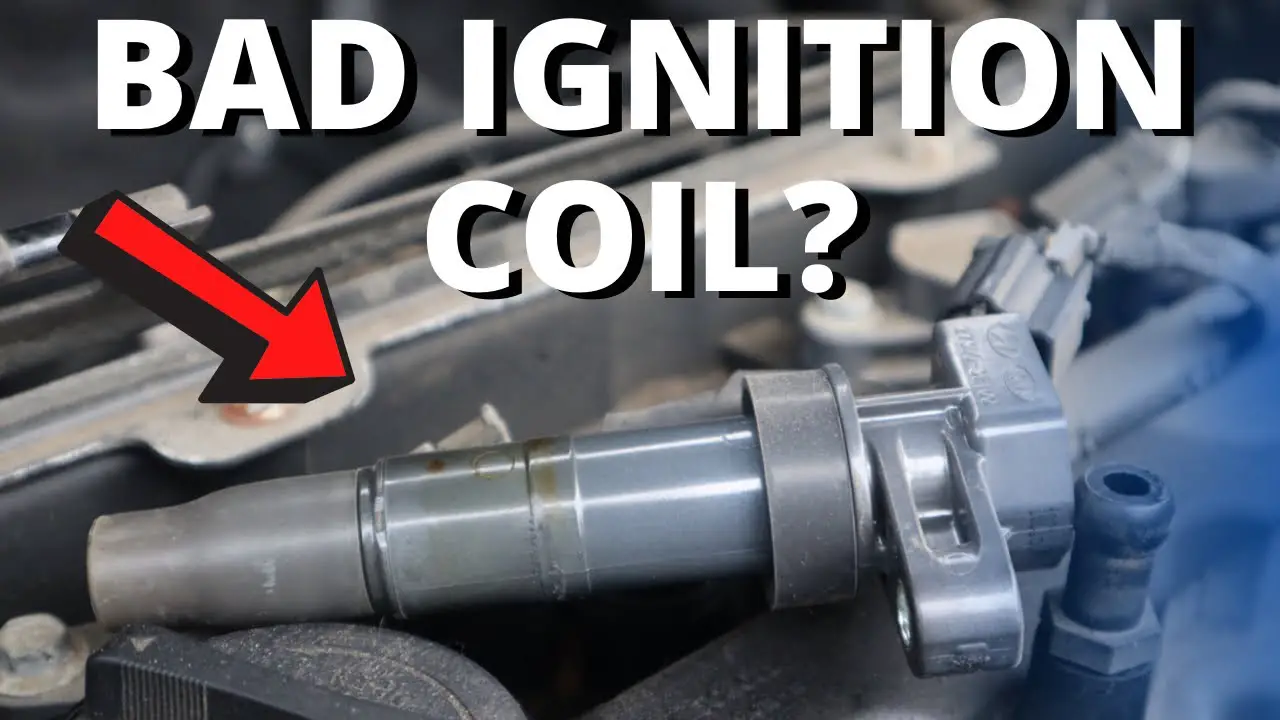Symptoms of a Bad Coil Pack
Is your vehicle experiencing a rough idle, misfiring, or a drop in fuel efficiency? These could be signs of a bad coil pack. The ignition coil plays a critical role in the smooth operation of your vehicle’s engine, and when it malfunctions, it can lead to a range of performance issues. In this article, we’ll explore the symptoms of a bad coil pack, the potential causes, and the steps you can take to address the issue.
Understanding the Role of the Coil Pack
Before delving into the symptoms of a faulty coil pack, it’s important to understand its function within the ignition system. The coil pack is responsible for converting the low voltage from the battery into the high voltage necessary to ignite the fuel-air mixture in the engine’s combustion chambers. This process is essential for generating the spark that ignites the fuel and powers the engine.
Most modern vehicles are equipped with individual coil packs for each cylinder, while older vehicles may have a single coil that serves all cylinders. Regardless of the configuration, a malfunctioning coil pack can disrupt the combustion process and lead to a range of issues.
Signs of a Bad Coil Pack
Recognizing the symptoms of a faulty coil pack can help you address the issue before it escalates. Here are some common signs to watch out for:
| Symptom | Description |
|---|---|
| 1. Rough Idle | A bad coil pack can cause the engine to idle roughly or even stall, especially when the vehicle is at a standstill. |
| 2. Misfiring | If one or more cylinders are not firing properly, you may experience engine misfires, which can manifest as jerking or hesitation during acceleration. |
| 3. Decreased Fuel Efficiency | A malfunctioning coil pack can lead to incomplete combustion, resulting in decreased fuel efficiency and increased fuel consumption. |
| 4. Check Engine Light | A faulty coil pack can trigger the check engine light to illuminate on the dashboard, indicating a problem that requires attention. |
| 5. Difficulty Starting the Engine | In severe cases, a bad coil pack may make it challenging to start the engine, leading to prolonged cranking or failure to start. |

Credit: www.ymfcarparts.co.uk
Potential Causes of Coil Pack Failure
Several factors can contribute to the failure of a coil pack. Common causes include:
- Excessive Heat: Overheating of the coil pack due to engine heat or poor ventilation can lead to premature failure.
- Age and Wear: Like any electrical component, coil packs can degrade over time and may eventually fail due to wear and tear.
- Contaminants: Exposure to moisture, oil, or other contaminants can compromise the insulation and integrity of the coil pack, leading to malfunctions.
- Faulty Spark Plugs or Wires: If the spark plugs or ignition wires are worn or damaged, it can put additional stress on the coil pack, leading to failure.
Addressing the Issue
If you suspect that your vehicle’s coil pack is failing, it’s essential to address the issue promptly to prevent further damage to the engine and ensure optimal performance. Here’s what you can do:
- Diagnostic Testing: Visit a qualified mechanic or auto repair shop to conduct diagnostic testing to pinpoint the exact cause of the issue.
- Replacement: If the coil pack is determined to be faulty, have it replaced with a high-quality, compatible unit to restore reliable ignition performance.
- Maintenance: Ensure that the spark plugs, ignition wires, and other related components are in good condition and properly maintained to prevent premature failure of the new coil pack.
- Preventive Measures: Take proactive steps to shield the new coil pack from excessive heat and contaminants by addressing any underlying issues with engine ventilation and insulation.
Frequently Asked Questions Of Symptoms Of A Bad Coil Pack
What Are The Common Symptoms Of A Bad Coil Pack?
A bad coil pack often causes engine misfires, rough idling, and decreased fuel efficiency.
How Can I Diagnose A Faulty Coil Pack?
Use a diagnostic tool to check for trouble codes, visually inspect the coil pack, and test for resistance.
What Causes A Coil Pack To Go Bad?
Heat, vibration, and age can lead to coil pack failure, as well as exposure to moisture and corrosion.
Can A Bad Coil Pack Damage The Engine?
Yes, a malfunctioning coil pack can lead to engine damage over time if not replaced promptly.
Conclusion
Recognizing the symptoms of a bad coil pack and taking prompt action can help you avoid costly repairs and maintain the performance and reliability of your vehicle. By understanding the role of the coil pack, being vigilant for signs of potential failure, and addressing the issue through proper diagnosis and maintenance, you can keep your vehicle’s ignition system in top condition.
Remember, if you notice any of the aforementioned symptoms or suspect a problem with your coil pack, seek professional assistance to address the issue effectively and keep your vehicle running smoothly.

